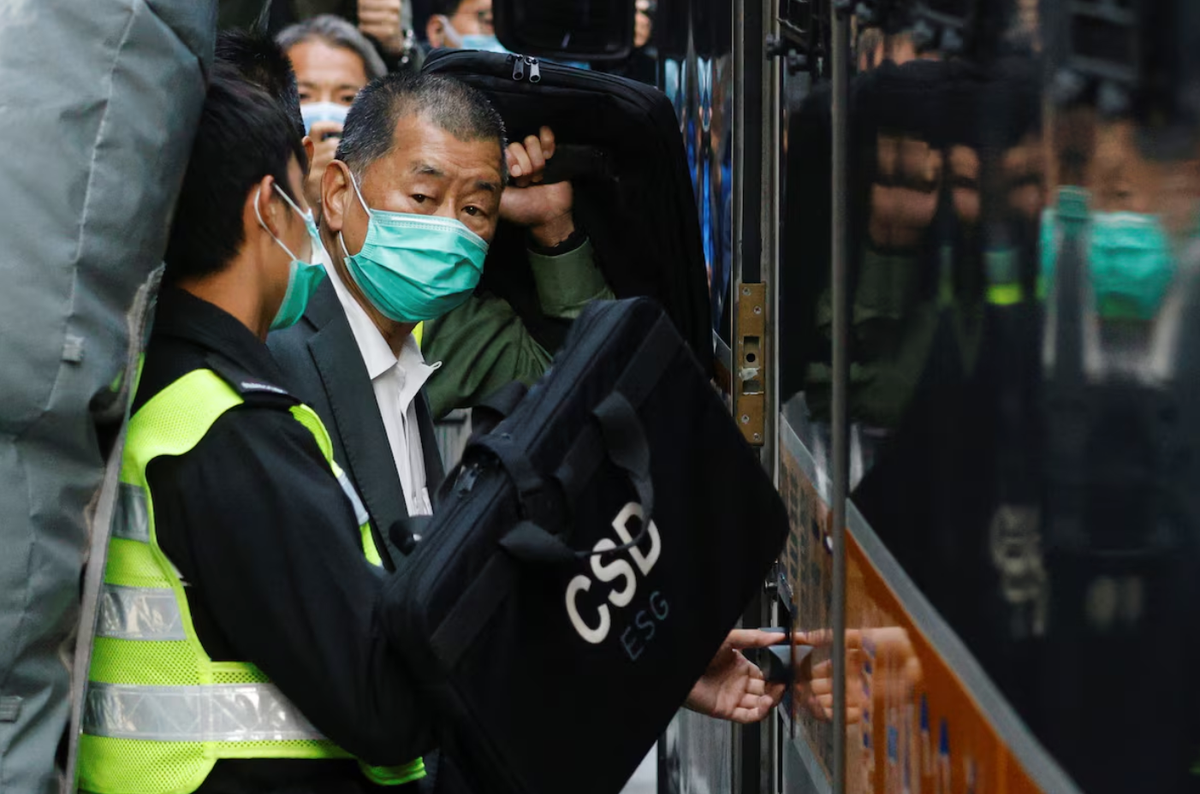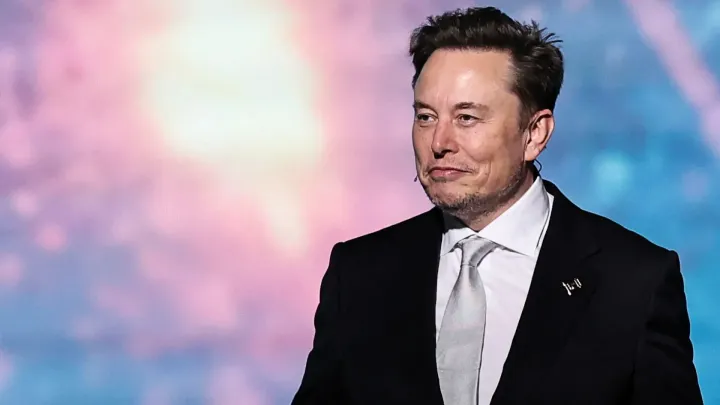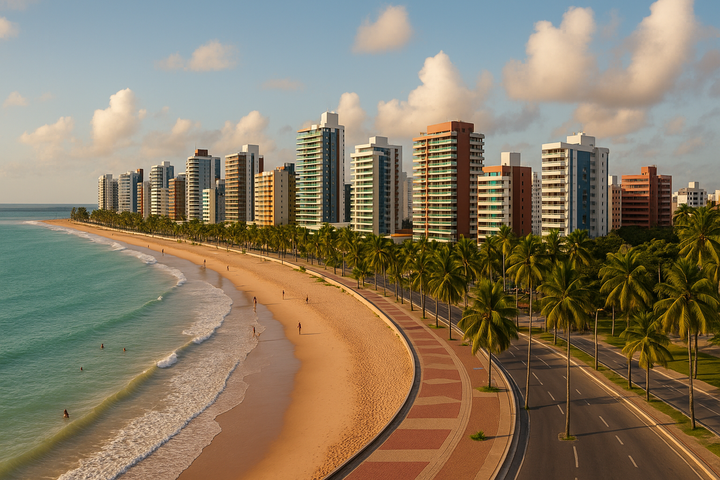Lawyer frames Jimmy Lai’s actions as basic rights defence in final trial phase
immy Lai’s lawyer argues defending basic rights is not a crime as Hong Kong’s national security trial enters its final stretch in 2025.

In the final stretch of his high‑profile national security trial, Hong Kong media tycoon Jimmy Lai’s lawyer, Robert Pang, contended that advocating for basic individual rights is fundamentally not a criminal act. Lai, 77, founder of the now‑defunct pro‑democracy newspaper Apple Daily, is facing two charges of conspiracy to collude with foreign forces and one charge of conspiring to publish seditious material under Beijing‑imposed laws.
Opening arguments: Preserving freedom of expression
As the trial approaches its verdict, set to be handed down later in 2025, Pang emphasized that expressing dissent through media and supporting freedom of expression and human rights should remain protected, not penalized. The defense team challenged the prosecution’s reliance on 161 Apple Daily articles, arguing that they are legitimate platforms of political discourse not evidence of collusion.
Health concerns cast a shadow over proceedings
The trial has been complicated by Lai’s deteriorating health. Recently, he began experiencing heart palpitations and was provided with a heart monitor and medication, leading to an adjournment of proceedings . Despite these medical setbacks, the court deemed him fit to proceed, and closing arguments are expected to take place soon.
Accused of Collusion with Foreign Forces
Prosecutors argue there is "overwhelming evidence" that Lai worked in coordination with foreign entities, including U.S. officials during the Trump administration, to advocate sanctions or measures against the Chinese and Hong Kong governments. The prosecution labeled Lai’s media activities not as expressions of opinion, but as acts intended to incite sanctions not protected under free speech.
A Crucial Test of Hong Kong’s Judiciary
Observers view this trial as a litmus test for judicial independence in post‑2020 Hong Kong, following the imposition of national security laws by Beijing. Critics including international rights groups and Western governments have raised alarms over the erosion of civil liberties and press freedom in the city.



